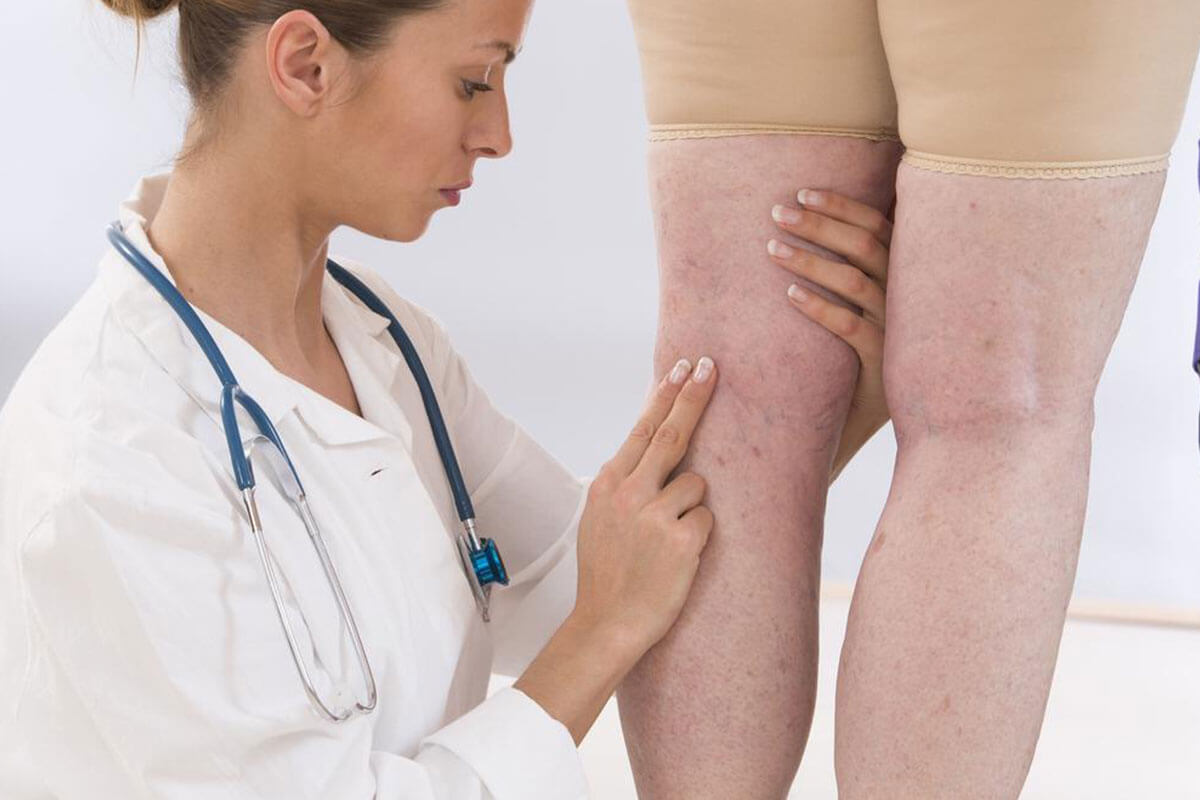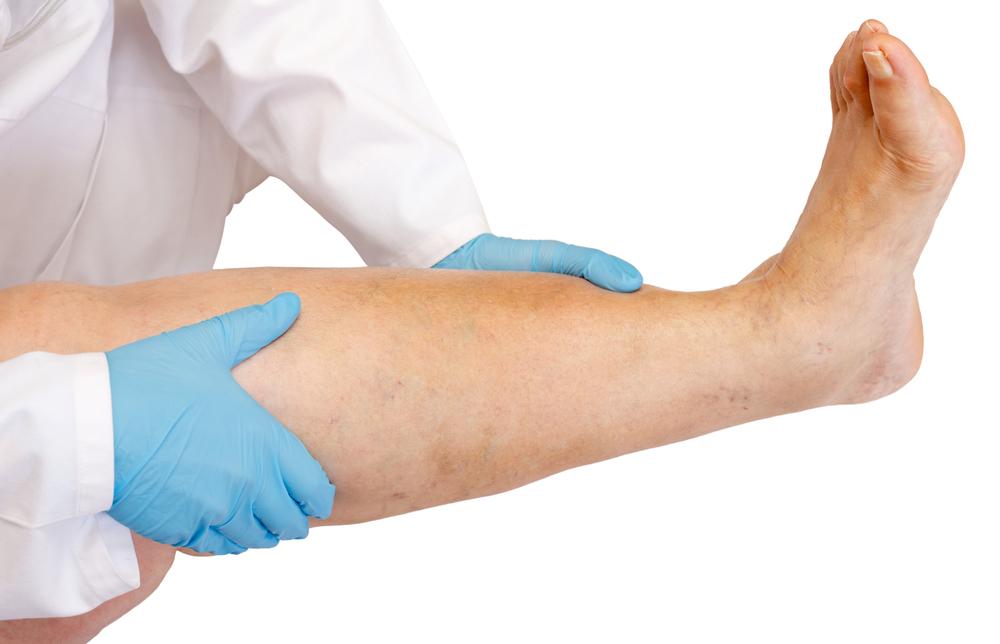Important Things to Know about Blood Clots
Blood clots are semi-solid lumps of blood formed due to coagulation. Blood has a natural tendency to clot to reduce the degree of bleeding from an injured body part. It bursts out with complications when it is either moving freely throughout the bloodstream or creating a barrier against the normal blood flow. A mobile clot may be fatal for a person because it can travel to the respiratory organs and prevent the supply of oxygen.

Causes of a blood clot
The main cause of a blood clot is the changes in the composition of the blood relating to several factors that could lead to clotting. Injuries in the blood vessels may also lead to blood clots. Barriers to normal blood flow could also be a cause of blood clotting. Other causes of blood clots include inactivity and immobility, strokes, hardening of arteries, inflammation of a superficial vein, surgery, cancer treatments, and infection.
Symptoms of blood clots
Heart attacks are often caused by blood clots. As a precursor, chest pain can be experienced—this type of chest pain is known as angina. The pain originates from the chest and spreads to the back, jaw, and left arm.
Stroke-causing blood clots exhibit symptoms in which one side of the body is affected with respect to the formation of the blood clots in the brain. This can cause the absence of feelings on one side of the brain, leg, arm, or even blindness. Distortion of speech can occur if the blood clot is formed on the left side of the brain.
A person can face problems in understanding a language and speaking tidily. Stroke-causing blood clots can make a person experience symptoms such as the following:
- Blurred vision
- Acute headaches
- Confusion
- Sudden loss of balance
- Loss of coordination
Deep vein thrombosis (DVT) is another disease that is related to a blood clot. A person having DVT can face the following symptoms:
- Tenderness and venous pains
- Constant swelling
- Redness
- Warmth over the area affected with DVT
- Dilation of the leg veins
- Dull ache in the calf while walking
A traveling embolus can also occur in the case of DVT. It can be a symptom that would require one to get it checked on an emergency basis because it could lead to pulmonary embolism. Symptoms of a pulmonary embolism have been listed below:
- Blood discharge with sputum
- Breathlessness
- Chest pain
Treatment for blood clots
Medications for DVT are used to minimize the progression of the condition. A person is given medications to avoid emergency conditions like breaking away of the blood clot, free movement of the clot towards the lungs, and quick correction of the clot.
Anticoagulants are used to slow down the process of blood clotting in a person who is already suffering from it. The medicines are administered orally. Also, doctors often prescribe blood-thinning agents. Doctors take a clear note of the medical history of the patient, cost of the treatment, and other health issues.
The medications often continue for months after a blood clot is detected. The duration of the treatment varies upon the considerations of a first-time occurrence or a chronic blood clotting event for the patient. The treatment may take more time if other complications related to the health of the person are present. In the case of cancer or other viral infections, the treatment may last for a longer period of time.
A person can take some preventive measures for the occurrence of a blood clot such as reducing the chances of immobility and avoiding longer flights and drives. Certain exercises also help to further reduce the formation of blood clots.




